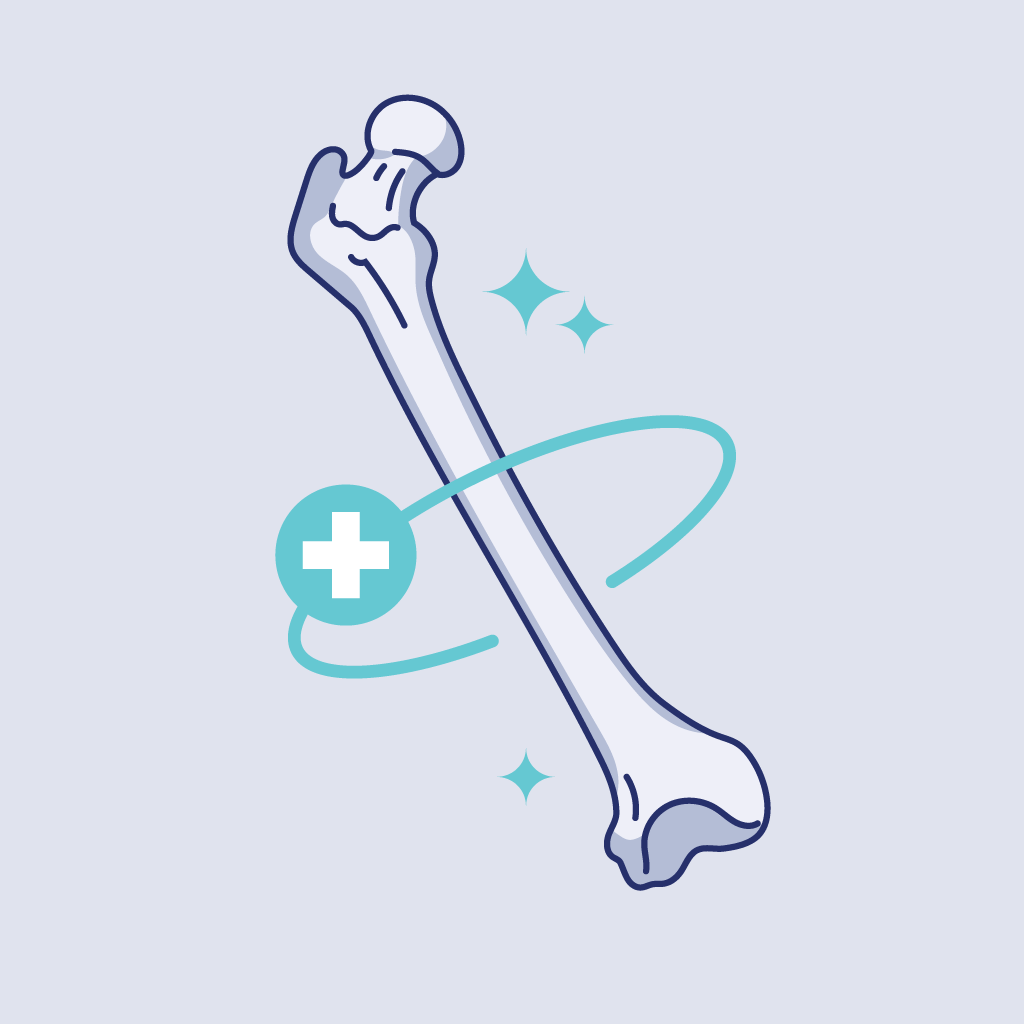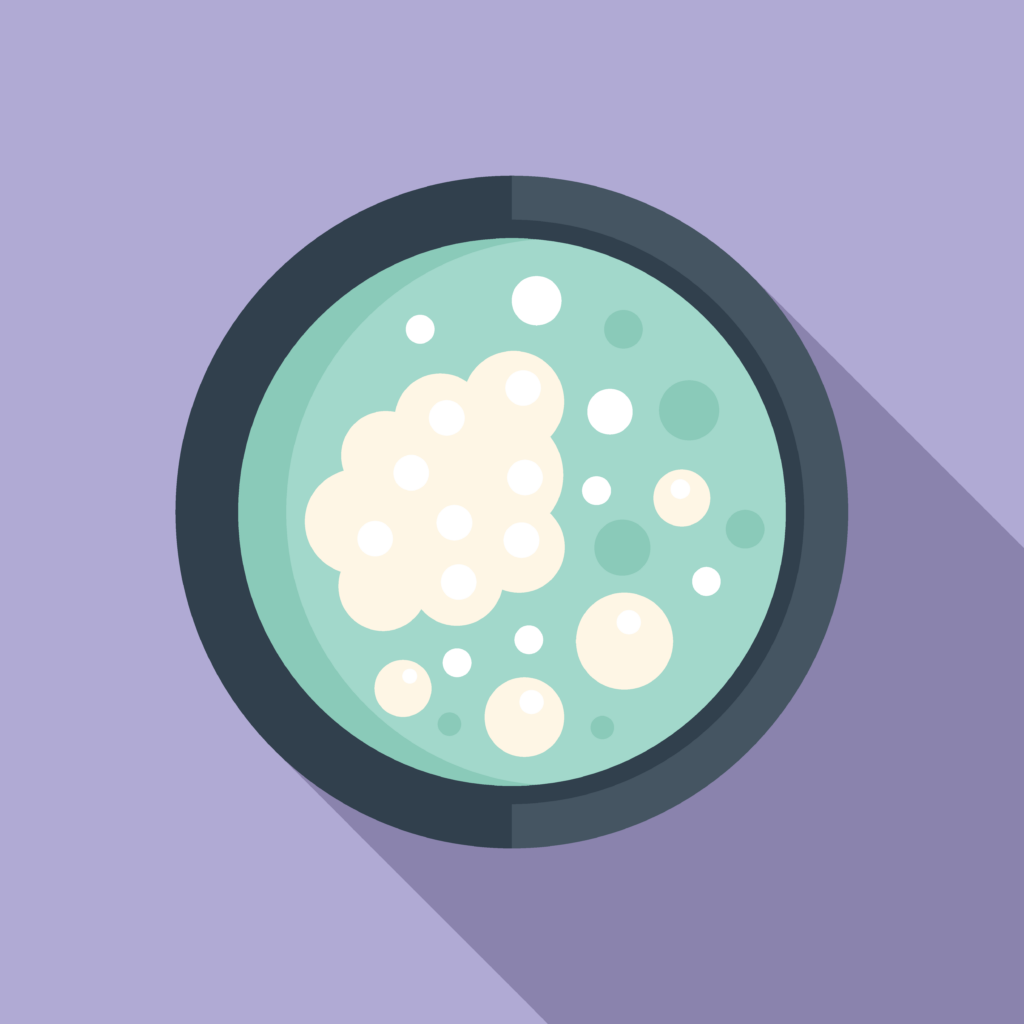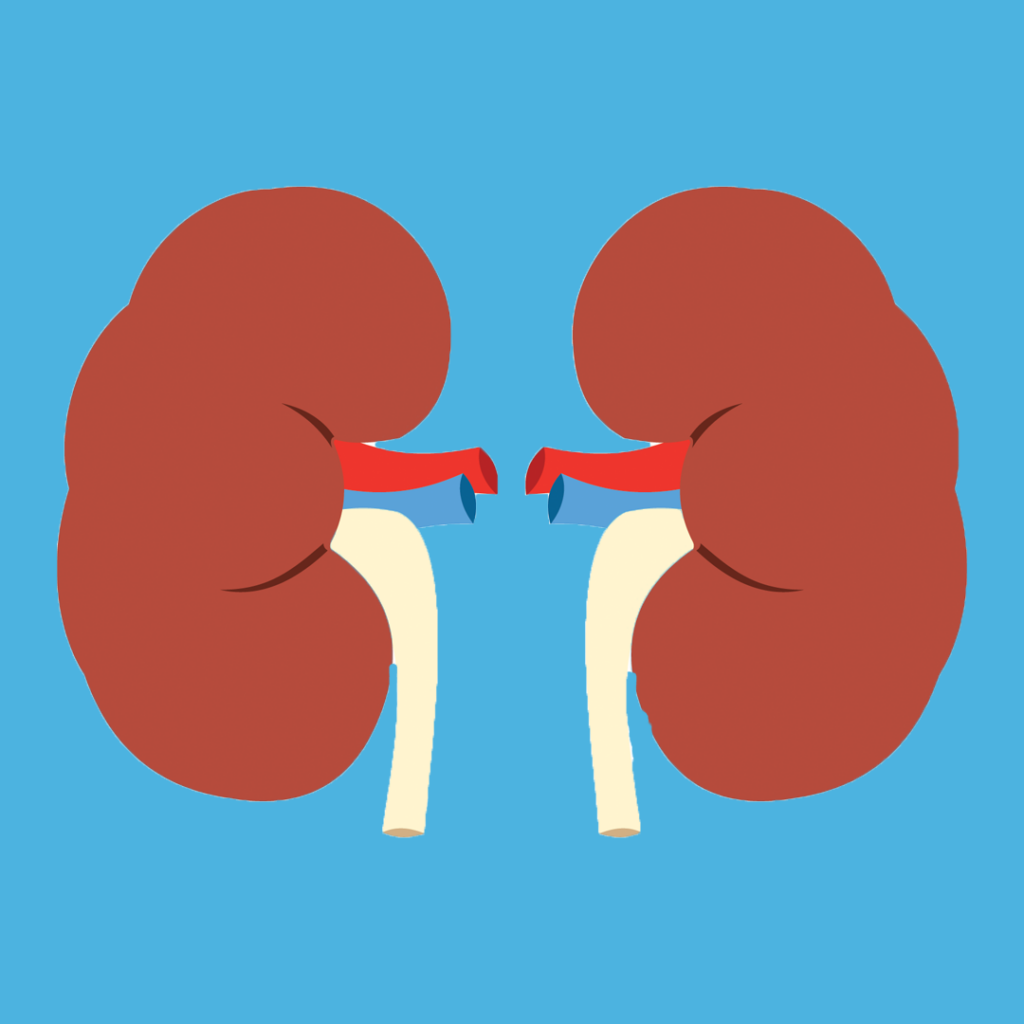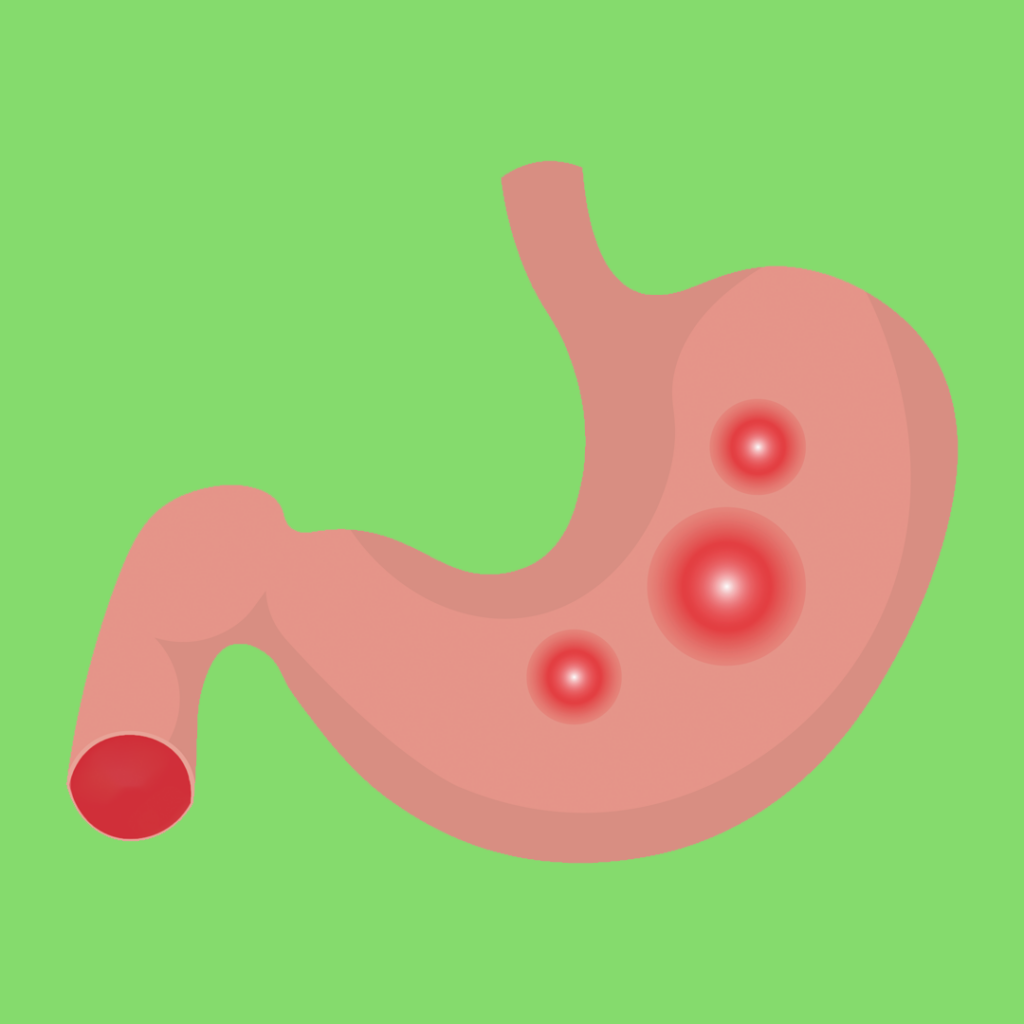Are you getting enough zinc on a plant-based diet?

Questions answered in this article:
- How is zinc's bioavailability impacted on a plant-based diet?
- How can I make sure I'm getting enough zinc on a plant-based diet?
- Who should be more mindful of healthy zinc status?
- What are other nutrients to keep in mind when on a plant-based diet?
- What should I keep in mind when choosing a zinc supplement?
Plant-based diets are quickly gaining popularity for a variety of different reasons. Despite its popularity, many individuals on a plant-based diet tend to be deficient in certain nutrients, particularly zinc, iron, vitamin B12, and calcium. This is because higher amounts of these specific nutrients are more commonly found in animal-based food sources. However, it is possible to maintain healthy levels of zinc on a plant-based diet – it just takes a solid understanding of how to adjust your diet and knowing supplementation options to support your body's nutrient needs.
Zinc's bioavailability on a plant-based diet
Studies show that individuals on a vegetarian diet absorb less zinc because of low zinc content and decreased bioavailability. As a result, vegetarians often require as much as 50% more of the recommended daily allowance (RDA) for zinc than non-vegetarians.
Plant sources of zinc are high in phytic acid, or phytates, a substance found in plant seeds. Phytates are a main inhibitor of zinc, iron, and calcium absorption. Zinc bioavailability is enhanced by dietary protein, but plant sources of protein are generally also high in phytic acid. Phytic acid forms insoluble complexes in the gastrointestinal tract that cannot be digested or absorbed by humans, making minerals like zinc, iron, and calcium unavailable for absorption. Conversely, animal-based proteins contain no phytic acid while having higher concentrations of zinc, especially red meat.
How to get enough zinc on a plant-based diet
Zinc is widely available in foods, with the highest sources being oysters, red meat, and poultry. Plant-based sources include beans, legumes, nuts, and seeds.
When cooking beans and lentils, choose the dry form and soak them in water for 8 hours before cooking to reduce naturally occurring phytates. Other food-processing methods such as heating, sprouting, leavening, and fermenting can minimize the inhibitory effects of phytate on zinc absorption.
Groups with increased importance of healthy zinc status
Pregnant women
The World Health Organization (WHO) estimates that over 80% of pregnant women worldwide have inadequate zinc intake. During pregnancy, there is increased fetal demand for all nutrients, including zinc, which is essential for protein synthesis, cell division, and nucleic acid metabolism. Deficiency of any nutrients can affect pregnancy, delivery, and post-pregnancy, as well as infant development.
It's important to assess overall nutritional status when planning pregnancy, as well as throughout and post-pregnancy to ensure both mother and fetus are healthy. If on a plant-based diet while pregnant, be sure to talk to your healthcare practitioner about supplemental options to ensure that you and your baby are getting the nutrients you need.
Children
Zinc is known to play a critical role in cell growth and cell metabolism, affecting childhood growth and resistance to infections. During childhood, zinc plays a role in brain development and height growth. Later on during the adolescent years, this mineral contributes to the maturity of reproductive organs.
Other critical nutrients to keep in mind on a plant-based diet
For individuals who choose to avoid most or all animal products, it's important to be mindful of certain nutrient levels such as iron, selenium, vitamin B12, and calcium.
Iron
Despite fortification in cereal and grain products, plant-based (nonheme) iron has 1-15% absorption, while animal sources (heme) have 15-40% absorption. Absorption of nonheme iron is largely affected by iron levels in the body as well as dietary inhibitors and enhancers naturally present in food sources. Heme iron is not only very well absorbed, but is much less affected by body iron status.
Ascorbic acid (vitamin C) is an important factor in enhancing nonheme iron absorption. As individuals move towards more plant-based diets, they are likely to consume more ascorbic acid, but this is counteracted by the inhibitory effects of increased phytic acid, soy proteins, and polyphenols. As a result, iron levels may still be a nutrient of caution. Supplementing with iron is a great option for those who are plant-based – talk to your healthcare provider to determine the right dosage fo you.
Selenium
Individuals who exclude all animal products may be at higher risk of low selenium intake, which is essential for healthy thyroid function. Selenium is often found in meat, eggs, fish, and dairy products, with Brazil nuts being the richest source of this mineral. Other plant-based foods with selenium include brown rice, whole wheat bread, beans, and oats.
Vitamin B12
Vitamin B12 is an important player in the blood and nervous system. This water-soluble vitamin is found in substantial quantities in animal sources such as beef, chicken, and salmon. Up to 86.5% of vegetarian adults are deficient in vitamin B12. Some vegetables that contain traces of B12 include shiitake mushrooms, seaweed (nori), tempeh, spirulina, and sauerkraut. Supplementation may be necessary for vegetarians to ensure adequate intake.
Calcium
Vegetarian diets have been shown to contain a lower intake of calcium, which is essential in maintaining bone health. As such, evidence suggests that vegans may be at a greater risk of lower bone mineral density and fracture. Fortified foods and supplementation will ensure healthy bone status and reduce the risk of fractures. Soybeans, tempeh, natto, and tofu are good sources of calcium while offering complete protein. Other good sources of calcium include beans, peas, lentils, broccoli, and kale.
Supplemental zinc options
Overall, plant-based diets can offer many benefits and appropriately planned vegetarian and vegan diets can be nutritionally adequate for all stages of life.
Like all nutrients, zinc requirements vary based on individual needs. It may be necessary to incorporate a daily zinc supplement in addition to dietary sources for adequate intake. The RDA according to Health Canada for the healthy population is 8mg/day for women and 11mg/day for men. The upper limit is 40 mg/day.
For a highly absorbable and therapeutic form, choose zinc bis-glycinate. Supplemeting with 25mg per day is great for maintenance, while a potent 50mg is recommended for individuals who need more support with infections, or intestinal conditions such as celiac, Crohn's, or ulcerative colitis. Always consult your healthcare practitioner to consider the right supplement for your unique needs.








